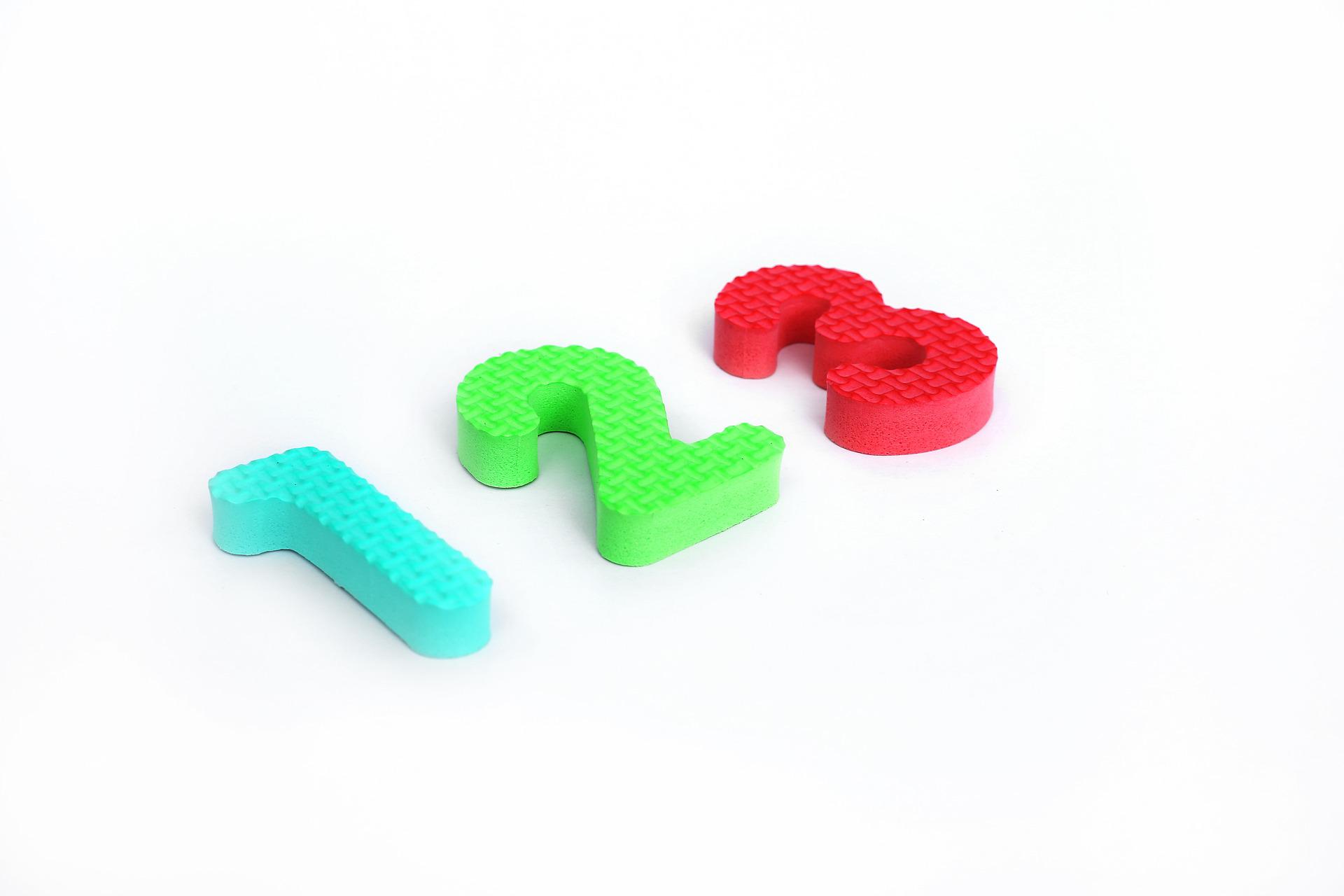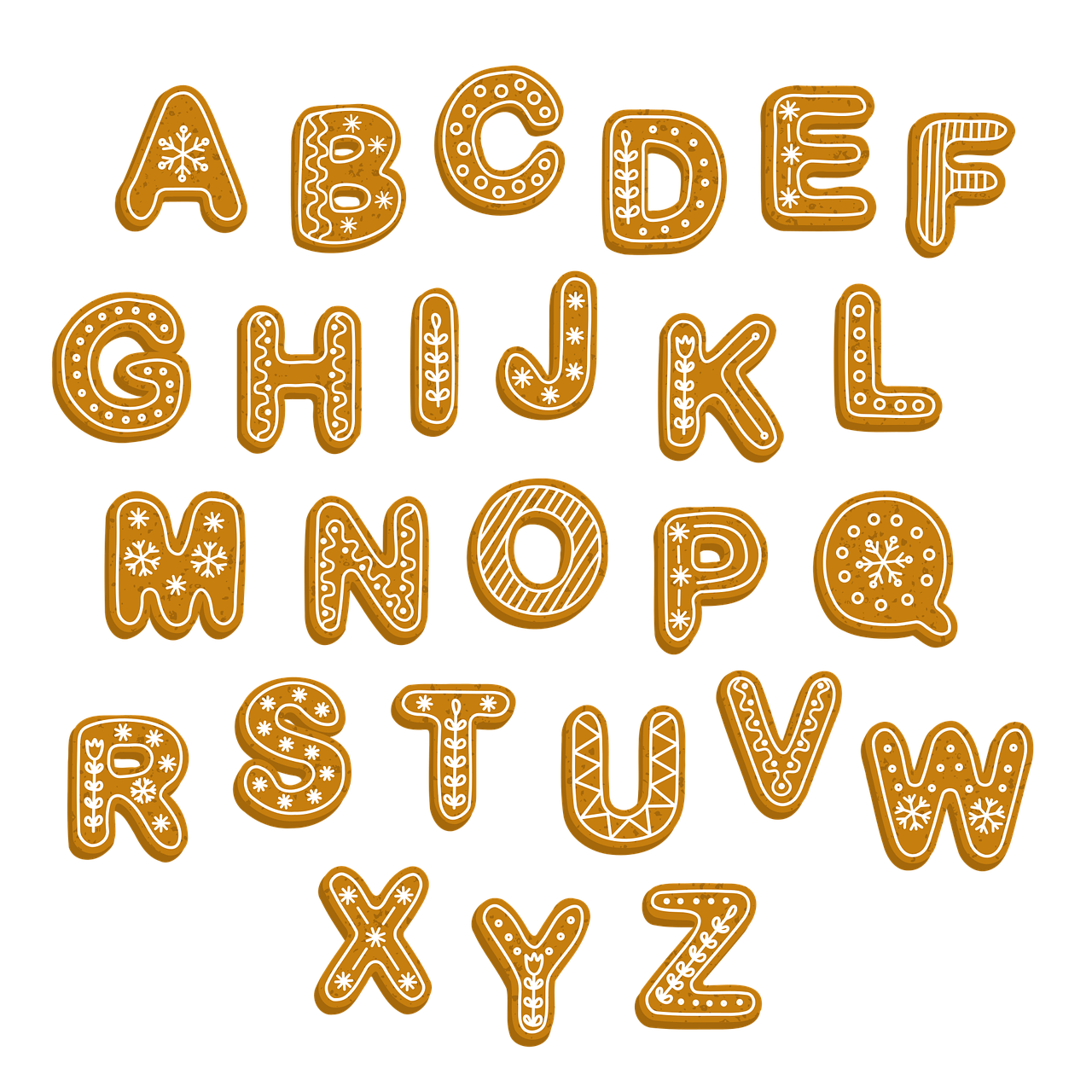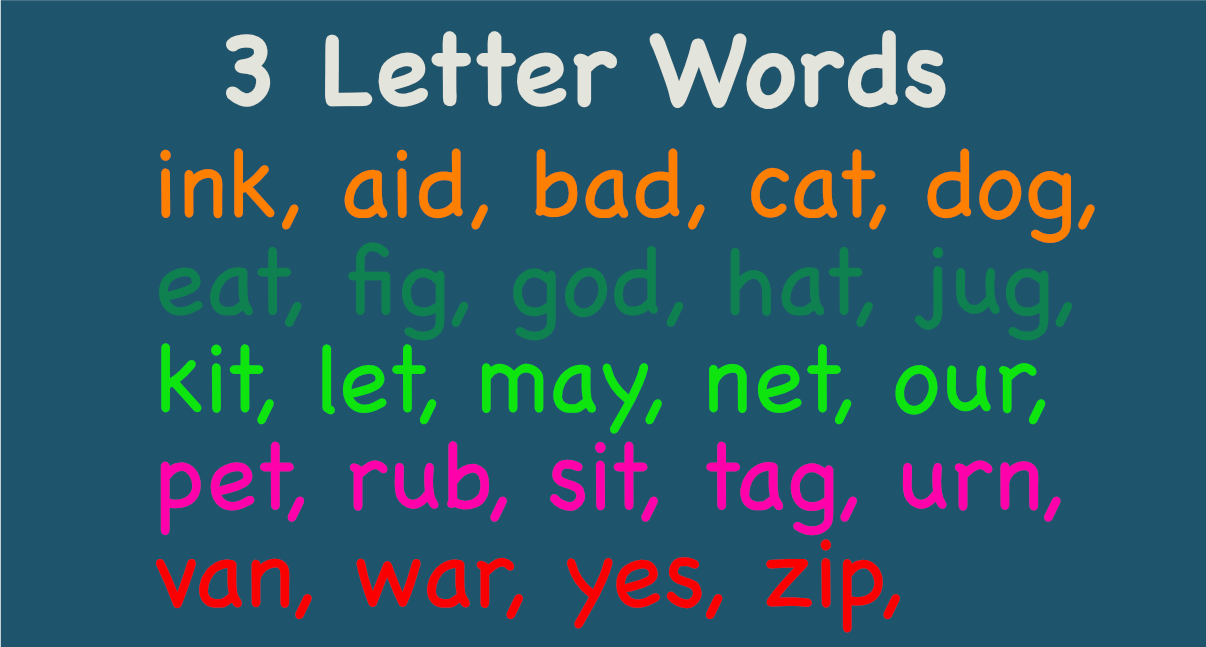
Baby toys can play an important role in the development of your child’s brain. They promote language and literacy development, encourage tummy time, and help to foster social interaction. They can also be used to promote self-esteem and growth. These advantages make it a worthwhile investment for parents to buy toys for their babies.
Contents
- 1 Pretend Play Builds Language And Literacy
- 2 Pretend Pay Helps Kids Grow Their Vocabulary
- 3 Encourages Tummy Time
- 4 Practicing Tummy Time With Your Baby Is Crucial For His Development
- 5 Encourages Social Interaction
- 6 Babies Learn Best Through Play
- 7 Developing Fine Motor Skills
- 8 Promotes Eye-Hand Coordination
- 9 Key Milestones
Pretend Play Builds Language And Literacy
Children learn to communicate, think critically, and use their imaginations through pretend play. This activity can reduce children’s anxiety levels and promote their social and emotional development.
They are able to explore their own ideas and imagine new scenarios, and they practice addressing problems creatively. They also gain valuable skills in negotiating limits, choosing roles, and using the resources available to solve problems.
Research on pretend play shows that it can boost language and literacy skills in children. During play, children narrate themselves or imitate conversations between adults.
This practice teaches children to use words, which is essential when they start reading and writing later on. This type of pretend play also encourages children to engage in conversations with other children.
Pretend Pay Helps Kids Grow Their Vocabulary
Children who engage in pretend play are more likely to have a wide vocabulary than children who never pretend to talk about the same thing. In addition, they develop a wide variety of social skills by playing with others and learning to take turns. They also develop empathy and learn to understand others’ viewpoints.
Parents can encourage their child to use pretend play by imitating their own actions and introducing new ideas. Introduce one new pretend action at a time, but don’t overwhelm them. Children learn through repetition and love to imitate. If your child is struggling with pretend play, seek help from a healthcare professional.
Playing pretend is important for children because it helps them learn about themselves and their world. It helps them learn to develop empathy, become responsible, and share responsibility. Dramatic play also provides a safe and comfortable environment for children to practice their social skills.
Encourages Tummy Time
Practicing tummy time is beneficial for your baby’s development. It promotes rich interaction between you and your baby, which helps them build up their cognitive and sensory systems.
Try some of these tips to encourage your baby to spend time on his tummy. You may want to print them out and use them as a guide while your baby is on his tummy.
While you are practicing tummy time, you should keep toys and other things in close proximity to encourage your baby to roll and move. You should also make sure that the objects you use should be tummy-friendly. Try to include things your baby enjoys, such as his favorite toys.
Practicing Tummy Time With Your Baby Is Crucial For His Development
Whether your child is asleep or awake, tummy time helps him develop his motor skills and strengthen his muscles. It’s also an important developmental activity, as it prepares him for future steps, including crawling and walking.
You can use colorful toys and activities to entertain your baby during tummy time. You can also sing a song or play a song to help your child keep busy. Your baby will probably not respond well to your efforts if he’s in a position he is not used to. If he doesn’t respond to your voice, you can engage him with your face.
Tummy time also helps build neck muscles, which help your baby lift his head. A lack of neck muscle tone is one of the main causes of learning difficulties among children. Many babies who have torticollis have stiff neck muscles.
Encourages Social Interaction
Some researchers have argued that babies do not need toys to learn social interaction. Studies have found that interacting with parents and other adults can increase social development in babies.
For example, play with toys that mimic human behavior can help them learn to smile and make eye contact. Another great game for babies is peek-a-boo. While playing, parents can engage in conversations with their babies.
Social skills are important for adults. However, in today’s tech-driven culture, it can be difficult for children to learn social skills through play. Parents should make time for interaction with their babies and avoid using screens, because this reduces the amount of time they need to spend with them.
Some toys are more effective than others. Some toys have a positive impact on children’s thinking, social interactions, and creative expression, while others may be counterproductive.
While adults may find these toys attractive, they may not be as effective at promoting social development. Toys should be carefully chosen by teachers and parents who observe children playing. They should choose toys that elicit a balanced mix of play behaviors.
Children need time to play with other children, which is why Dr. Wittenberg recommends that parents let their babies spend time with other kids and engage in a variety of activities. This will help your babies learn social interaction skills. They will also be able to understand some rules of safety and behavior. They can learn how to share, take turns, and be a good neighbor.
Babies Learn Best Through Play
Studies show that babies learn best through play, and toys are an excellent way to introduce them to new people. By interacting with others, they learn to navigate new environments, and they develop trust and confidence in adult-directed interactions.
Developing Fine Motor Skills
Toys are a great way to help children develop fine motor skills. They help them practice their hands and fingers and can be fun, too. You can encourage these skills by engaging your child in tactile play activities such as playing with play-dough or moving puzzle pieces into place.
Fine motor development is an essential skill in many developmental milestones, so it’s important to give your child a variety of opportunities to develop it.
Waterbeads are another great way to help your child develop their fine motor skills. You can buy them on Amazon or eBay or from scrap stores all over the country.
Waterbeads can be placed in water for play or on a bath mat to make it more interesting. Children can also play with wind-up toys to develop their strength in twisting. These toys are also a great way to teach children cause-and-effect.
There are many brands of toys for children that develop fine motor skills. Some brands include LeapFrog and Bosch. Others include Early Learning Centre. You should choose toys that are suitable for your child’s age and developmental stage. For example, you can buy a grocery store set or a pretend shopping set that encourages small finger movements.
Using toys that help your child learn to manipulate small objects, such as scissors, is essential. They require patience and practice. Luckily, children’s fine motor skills will develop over time. With patience and practice, even the smallest children will be able to master the fine motor tasks that once seemed impossible for them.
Fine motor skills are vital for everyday functioning. Your fingers and wrists are responsible for writing and holding objects, and they require intricate coordination between the brain and muscles. You’ll be happy to know that your child is developing these skills.
Promotes Eye-Hand Coordination
Many toys claim that babies need toys to learn, but that isn’t always true. While some toys can improve a child’s intelligence, the most effective learning tools are safe household items. Babies should be encouraged to use their mind and body to create ideas and solve problems. Providing toys can be an excellent way to help your child develop these skills.
The first toys that a baby will enjoy playing with are objects that can be picked up by the hands. Objects with tiny labels and textures are interesting to a baby’s hands. These objects can also help them to develop their grasp by bashing things together. Moreover, babies will appreciate soft or wooden blocks that can be used to create tall towers.
During the first three months of life, babies can’t do much more than observe their surroundings. It is therefore important that they’re exposed to a variety of objects and colors, including toys. Babies’ vision is still developing and they can only see 8-12 inches in front of them. They will also prefer black and white and simple shades of grey.
Key Milestones
At around four months of age, babies begin to learn to sit unassisted. Keeping a toy in front of them can help strengthen their trunk and spine muscles. This process is called tripoding and allows your baby to play with toys and entertain herself for short periods. Another way to encourage baby to sit unaided is by reading books. These books are the perfect size for a baby’s hands. Also, cloth books are practically indestructible.
Toys help children develop many important skills. They help them develop language skills, small motor skills, and other important developmental milestones. They also help babies develop their literacy and recognition skills. They are also useful for developing problem-solving skills and spatial relations.



